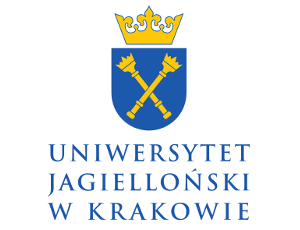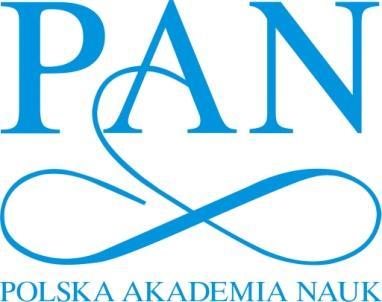Political, economic and social consequences of changes in 1989 for Central and Southeastern Europe



The Commission on the Contemporary History of Slavs
at the International Committee of Slavists
Institute of Political Science and International Relations of the Jagiellonian University in Kraków
Institute of History of the Jagiellonian University in Kraków
and
Historical Commission of Polish Academy of Science branch in Kraków
are honored to invite to take part in the international conference on:
Political, economic and social consequences of changes
in 1989 for Central and Southeastern Europe
(10th and 11th of October 2019, Kraków)
The theme of the conference refers to the Revolutions of 1989 (called also: Autumn of Nations) - an important event on the European and global scale of events that took part 30 years ago, during which the so-called iron curtain was dismounted,and the communist system, functioning for 45 years, captivating the states of Central and Southeastern Europe, fell.The states that chose freedom and democracy in turn faced the challenge of preoccupying the political system and economic free market conditions, sometimes for the first time in its history.For other countries, this process was accompanied by the disintegration of multinational states, which ran peacefully, as in the case of Czechoslovakia or with the accompaniment of bloody armed conflicts, as was the case with the Socialist Federal Republic of Yugoslavia. Transformation processes possessed different dynamics and shaped the political elites in a diverse way.Depending on the state, the society gave political trust to the anti-regime opposition that contributed to the fall of communism. In other cases, disappointment with the processes of trasformation led to the post-communists being again headed by the state. In cases of multiethnic and / or conflicted societies, historical resentments and nationalist ideologies have revived, which in some cases led to the disruption and inhibition of democratic development in favor of authoritarian regimes.
The conference aims to show the balance of the last thirty years of political and economic processes in the region of Central and Southeastern Europe, their justification, analysis and consequences for the current situation of the discussed regions.
As a main thematic areas can be indicated:
- conditions of political and economic transformations in Central and Southeastern Europe at the turn of the 1980s and 1990s
- creating the party scene and its consequences for the present moment
- the influence of multiethnicity on transformation processes
- renaissance of the idea of populism - genesis and prognosis
- consequences of armed conflicts for the transition process in the countries of Southeastern Europe
- regional cooperation as a guarantee of strengthening and stabilizing the region
- European Union and NATO policy towards Central and Southeastern Europe.
The conference will be held in Polish and English.
Published by: Jakub Żurawski

